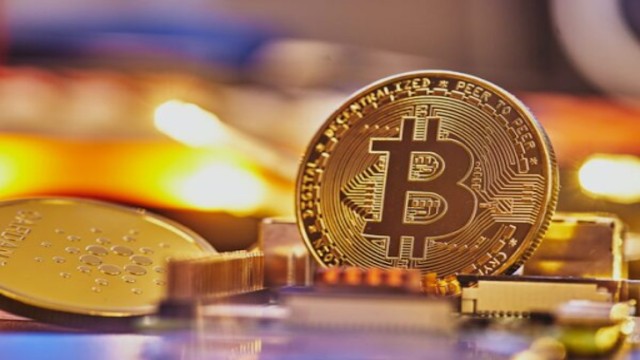
JPMorgan CEO Jamie Dimon has expressed strong skepticism about Bitcoin, describing it as a fraudulent scheme.
Jamie Dimon, CEO of JPMorgan Chase, reaffirmed his long-standing critique of Bitcoin during a recent appearance on CBS's "60 Minutes." In his latest remarks, he referred to the popular cryptocurrency as “a Ponzi scheme” and “as useless as a pet rock,” cementing his reputation as one of Bitcoin’s most vocal critics.
Dimon’s Concerns About Bitcoin
Dimon has consistently argued that Bitcoin lacks intrinsic value, calling attention to its association with illegal activities such as money laundering, ransomware operations, and even human trafficking. While he acknowledged that individuals have the right to invest in cryptocurrencies, he likened such investments to unhealthy habits like smoking: legal, but not advisable.
"I applaud your freedom to buy it, but I don’t think you should,” Dimon quipped, driving home his belief that Bitcoin is neither a secure nor sustainable financial option.
Acknowledging the Role of Digital Currencies
Despite his criticism of Bitcoin, Dimon sees a future where digital currencies play a key role in finance. He predicts the rise of centralized and regulated digital currencies, which he believes could reshape the financial system. However, he maintains that Bitcoin, in its current decentralized form, is not a viable solution.
A Contradictory Relationship with Crypto
Interestingly, while Dimon has been vocal about his distrust of Bitcoin, JPMorgan Chase has taken steps to integrate blockchain technology and offers Bitcoin-related services to select clients. This reflects the complicated relationship traditional financial institutions have with the rapidly evolving world of cryptocurrencies.
A Broader Debate
Dimon’s comments come at a time when Bitcoin and other cryptocurrencies face heightened scrutiny from global regulators. While critics echo Dimon’s concerns about risks and illicit use, supporters argue that decentralized currencies provide a revolutionary alternative to traditional banking systems.
As digital currencies gain popularity among institutional investors and the public, Dimon’s skepticism remains a powerful voice in shaping opinions about Bitcoin’s role in the financial landscape. His latest remarks add fuel to the ongoing debate over whether cryptocurrencies are the future of money or merely a speculative bubble waiting to burst.















